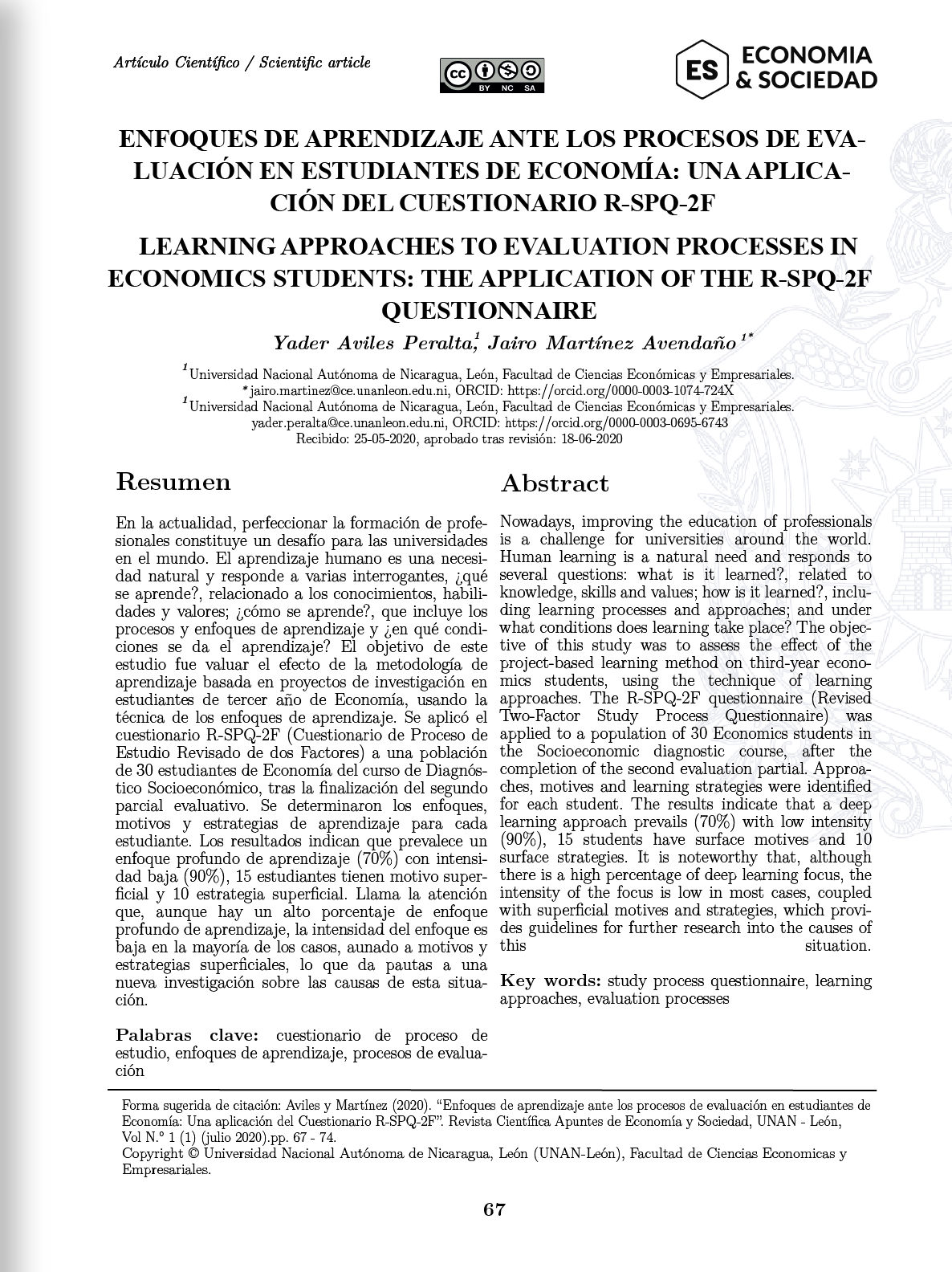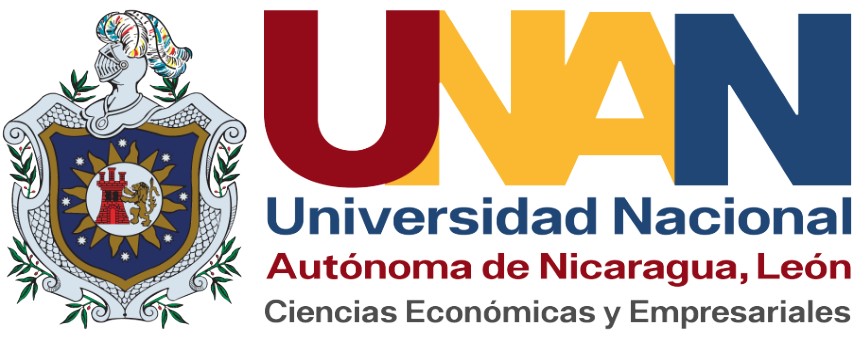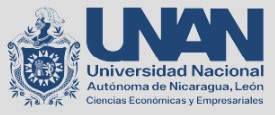Enfoques de aprendizaje ante los procesos de evaluación en estudiantes de Economía: Una aplicación del Cuestionario R-SPQ-2F
DOI:
https://doi.org/10.5377/aes.v1i1.11441Palabras clave:
cuestionario de proceso de estudio, enfoques de aprendizaje, procesos de evaluaciónResumen
En la actualidad, perfeccionar la formación de profesionales constituye un desafío para las universidades en el mundo. El aprendizaje humano es una necesidad natural y responde a varias interrogantes, ¿qué se aprende?, relacionado a los conocimientos, habilidades y valores; ¿cómo se aprende?, que incluye los procesos y enfoques de aprendizaje y ¿en qué condiciones se da el aprendizaje? El objetivo de este estudio fue valuar el efecto de la metodología de aprendizaje basada en proyectos de investigación en estudiantes de tercer año de Economía, usando la técnica de los enfoques de aprendizaje. Se aplicó el cuestionario R-SPQ-2F (Cuestionario de Proceso de Estudio Revisado de dos Factores) a una población de 30 estudiantes de Economía del curso de Diagnóstico Socioeconómico, tras la finalización del segundo parcial evaluativo. Se determinaron los enfoques, motivos y estrategias de aprendizaje para cada estudiante. Los resultados indican que prevalece un enfoque profundo de aprendizaje (70%) con intensidad baja (90%), 15 estudiantes tienen motivo superficial y 10 estrategia superficial. Llama la atención que, aunque hay un alto porcentaje de enfoque profundo de aprendizaje, la intensidad del enfoque es baja en la mayoría de los casos, aunado a motivos y estrategias superficiales, lo que da pautas a una nueva investigación sobre las causas de esta situación.
Descargas
Citas
Aguayo, C. (2007). Profesión y profesionalización: hacia una perspectiva ética de las competencias en trabajo social. Tendencias & Retos, 12, 107-117.
Biggs, J., Kember, D., & Leung, D. (2001). El cuestionario revisado del proceso de estudio de dos factores: R-SPQ-2F. Revista Británica de Psicología de la Educación, 71, 133-149.
https://doi.org/10.1348/000709901158433
Marlon, F., & Saljo, R. (1976). Sobre las diferencias cualitativas en el aprendizaje-I: Resultado y proceso. Revista Británica de Psicología de la Educación. 46, 4-11.
https://doi.org/10.1111/j.2044-8279.1976.tb02980.x
Martínez, G. (2008). El currículo por competencias. Un tema a debate. Pedagogía Universitaria, 13(3).
Martínez, M. (2012). La educación basada en competencias: una metodología que se impone en la Educación Superior y que busca estrechar la brecha existente entre el sector educativo y el productivo. Universidad de Carabobo. Venezuela. .
Riveros, P., Bernal, M., & Gonzalez, N. (2011). Prevalencia de los enfoques de aprendizaje en estudiantes de fisiología médica: Cuestionario de proceso de estudio revisado de dos factores (R-SPQ-2F). Biosalud, 10(2), 37-47.
UNAN-León. (2012). Marco Referencial para el Diseño Curricular por Competencias 2011
Zapata, W. (2005). Formación por competencias en educación superior. Una aproximación conceptual a propósito del caso colombiano. Revista iberoamericana de educación, 36(9).

Publicado
Cómo citar
Número
Sección
Licencia
Derechos de autor 2020 Universidad Nacional Autónoma de Nicaragua, León (UNAN León)

Esta obra está bajo una licencia internacional Creative Commons Atribución-NoComercial-CompartirIgual 4.0.













